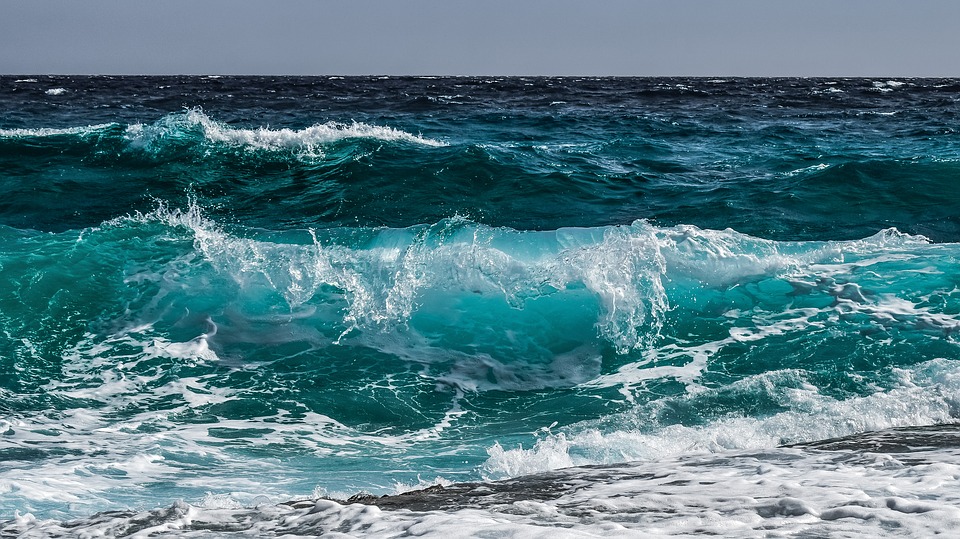Much has been said about the importance of maritime clusters in the economic and social development of territories, especially since the European Union considers them as strategic tools for progress and since the Blue Economy is one of the fundamental sectors for sustainable, intelligent and inclusive progress by taking a fresh look at our seas and oceans. In the CallmeBLUE project, the founding idea is precisely to promote cooperation through clusters between the European and North African shores. The way they work and their capacity to generate synergies and bring together the will and policies of different sectors of society are key to the leap in the generation and consolidation of blue stories.
Having reviewed the spirit in which these transversal organisations are born and work, we can analyse a specific management model that has led to the development of certain economic sectors and that the Andalusian Maritime-Marine Cluster (CMMA) applies every day: the so-called Quintuple Helix, which is not only a way of functioning and planning the management and policy of organisations internally, but also a system that, with cooperation as the keystone, serves to articulate the relationship between the clusters and society as a whole.
The Quintuple Helix establishes mutual aid, cooperation and assistance between governance (from which laws and regulations emanate), maritime-maritime business associations (companies create employment and prosperity in their respective territories), the world of universities and research (generating innovations that are then used by companies and are passed on to society and adapting their training programmes to the profiles demanded by companies), the organisations defending marine biodiversity (which remind us of the importance of preserving the seas, their flora and fauna) and the citizens, the ultimate recipients of the action of the Quintuple Helix thanks to the generation of employment and opportunities, to whom the messages related to the Blue Economy reach through the media, thus making them accomplices of the model.
This is the way the Andalusian Maritime-Marine Cluster and other global maritime clusters work: cooperation, alliance, mutual aid policy and union to adapt society to the needs of the Blue Economy, with the key contribution of factors such as innovation, sustainability and circular economy, as well as the use of new technologies and the implementation of digitalisation, are fundamental aspects of the matter. Their practical application generates a virtuous circle that ends up resulting in social and economic progress not only for the societies that host these clusters, but also, through collaboration with other international organisations of the same nature, progress spreads to other countries, generating a chain reaction of development that drives projects such as CallmeBLUE.
In Andalusia, this way of working has served to launch the Sustainable Blue Economy Strategy (EA2), which has had the contribution of more than 650 experts belonging to the five helixes described above.


